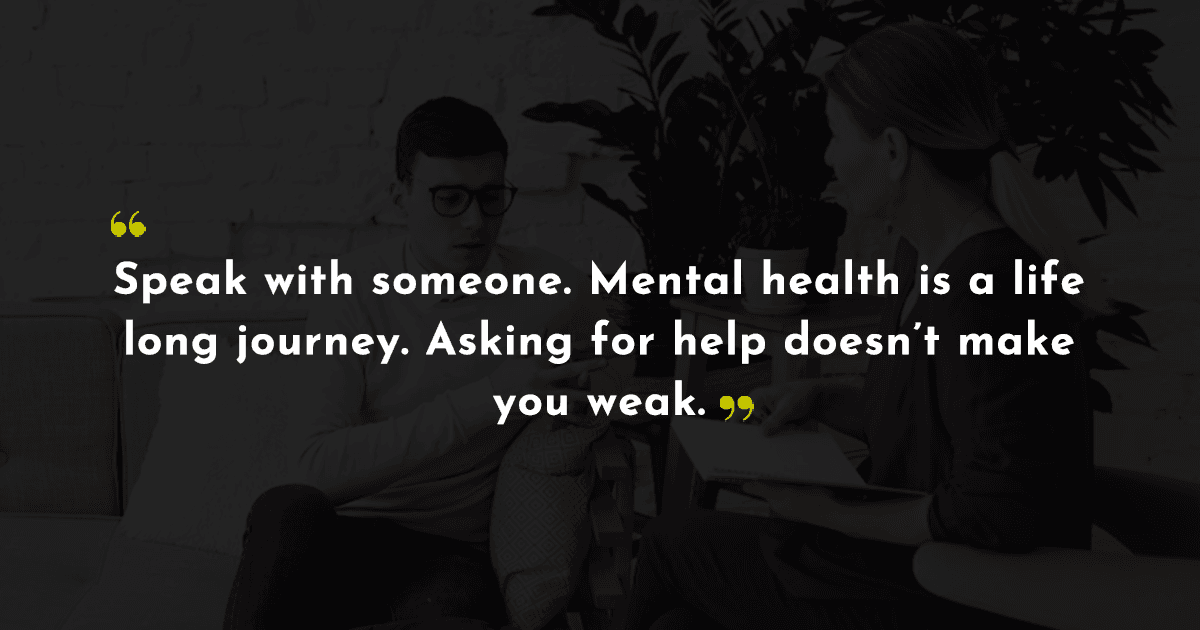Someone, who drains themselves to work, is comfortable doing hectic shifts, or is just unable to disconnect from work- are some signs of work addiction. Nonetheless, there’s more to this that you need to know about, so hang in there a little.
Do you feel you cannot stop yourself from working? Are you constantly striving for perfection at work? Among the many addictions you may have heard of, work addiction is a real thing. Often called workaholism, it is a serious mental condition that many of us are unaware of.
Here are some subtle signs that you are addicted to work that need to stop right away:
1. You don’t mind messing up with your sleep schedule and working late nights.
If you lose sleep to engage in work, there might be a problem. It’s important to draw boundaries with the tasks and projects you take up. You have difficulty in sleeping because you are thinking about work.
For real, it gets to some of us eventually. I’ve been like this for close to a decade, and almost hit a proper burn out not long ago. That wasn’t fun. Now it’s getting harder, but I still feel that workaholic in me screaming that there is more to get done, people are relying on me and I’m letting them down by not getting this stuff knocked out.
This will probably help your career in the long run, if you have good soft skills, but be careful. You can ruin yourself if you try to keep this up for too long.
-Anonymous
2. When you get extensively busy with work but not in productivity.
Anything you are addicted to won’t give you progressive results. Work addiction is as severe as any other addiction and must be taken care of.
I’ve always been addicted to learning, and that can translate into “working”. Having a job, and working – is a way to get rewards for my efforts that can build to bigger rewards. I think over time it’s gotten worse and worse.
-anonymous
3. When you tend to use work to escape from relationships.
Sometimes we fall prey to work addiction to cope with guilt, depression, anxiety, or hopelessness in our relationships.
Please seek out a therapist and professional help from a doctor or psychiatrist. I had to take extended time off for the same reason years ago and let me tell you, just going back to work as if nothing happened isn’t the route to take. Work on getting to the root of the issue now, don’t wait.
-MaLuisa33
4. Immersing yourself in work to feel competent or want validation.
Often when you want to seek validation in other areas of life including family, social life, hobbies, etc. You will try to compensate for all that with your work.
Therapy, meditation, and finally take a class in a hobby you’ve always wanted to try. Make more time for friends and loved ones. The brevity and preciousness of life are not to be wasted on making yourself industrious, but to live each moment for ourselves and to share it with those we love.
-aud_anticline
5. You don’t mind spending hours at work even when not needed.
This also leads to a reduction in other activities which you once liked but stopped due to work addiction.
This is how you get a mid-life crisis. Just stop working when your team stops working, give or take 30 minutes. Get hobbies. Diversify your identity.
-Anonymous
6. Your work becomes a coping mechanism to deal with trauma.
You might be using work as a way to escape from anxiety and depression. A lot of people suffer from anxiety and depression. A lot of people are very driven and motivated. I would try to make some friends who you identify with, and get some professional therapy. Maybe read some books written by highly successful people.
-Sph1nx33
7. When you are neglecting your health and well-being for work.
Your jobs become the only thing you tie your worth to and constantly mess up with your health.
8. You have work-related obsessions.
Most of the time you are thinking about how you can spare more time for work. You get possessive about feedback and build a defensive attitude.
As a workaholic, I agree. The fact that our culture practically requires an unhealthy work-life balance means that instead of me reaping a financial reward for my current problem I’m just missing out on life to get to normal. A healthy life should be more attainable for people.
-LockeClone
9. When you are more than paranoid about your work performance.
You have an intense fear of making mistakes at work or are just too worried to fail. The constant urge to work-related success never goes away.
A person with a work addiction may engage in compulsive work to avoid other aspects of their life, like troubling emotional issues or personal crises. And similar to other addictions, the person may engage in the behavior unaware of the negative effects that the addiction is causing.
-kernel-panic
10. When your friends and family ask you to cut yourself out of work because you are just too engrossed.
Make time for friends and family
If it helps, schedule that time on your calendar at first so you don’t forget. Taking the time for them will help mend relationships and help you recover.
-RWPossum
11. You can’t remember the last time you took a break from work.
It’s sad. I work with people that should be retired by now. I’ve been at a couple of retirement parties where you can tell that person is going to have a tough time not working. Most people spend more time with their coworkers than they do with their family.
-Tokasmoka420
Fortunately, you can seek help and work on your lifestyle a little to get better.
Read more: 12 Subtle Signs Of Burnout That Mean You Need To Prioritise Rest.

















